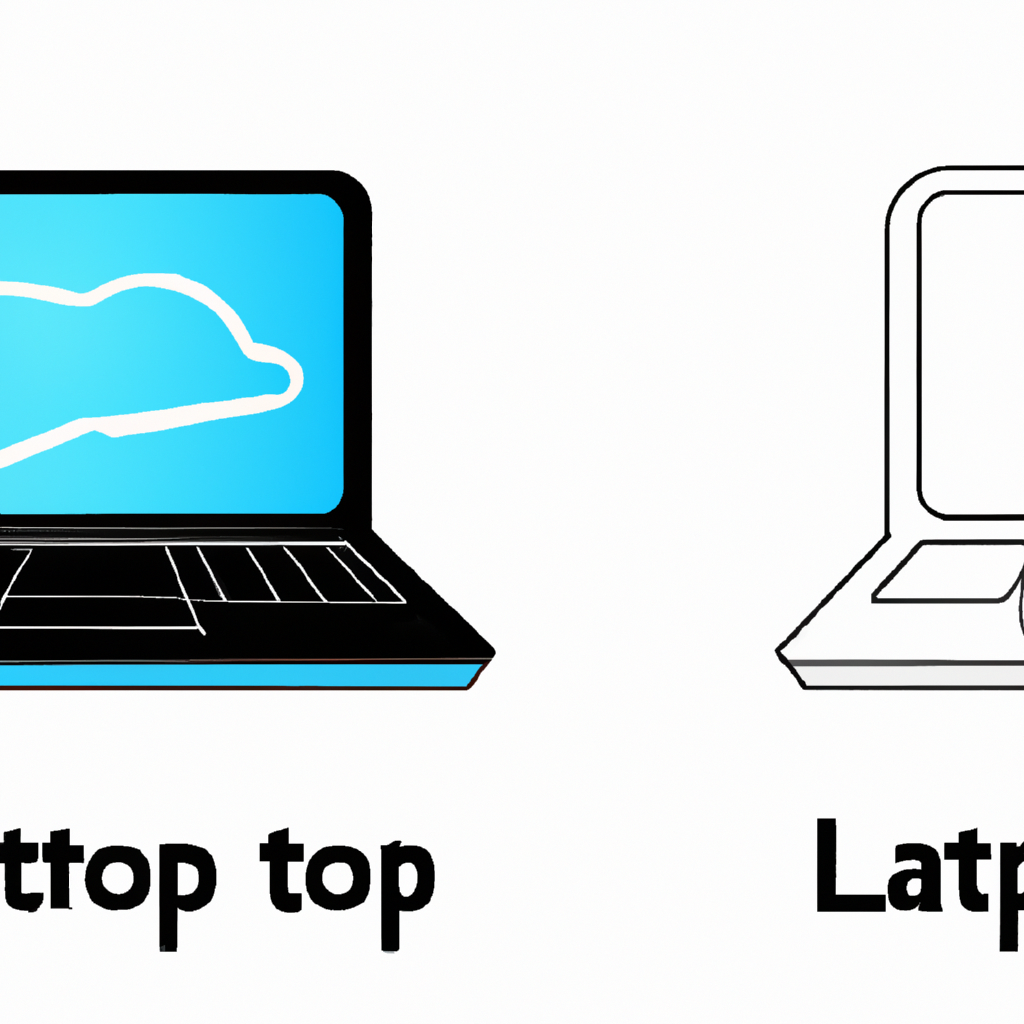Guidance for Starting a Career in Information Technology
In today’s world, technology influences nearly every facet of our lives, which has led to an ever-growing demand for skilled professionals in the Information Technology (IT) sector. For many, transitioning into an IT career can be a fulfilling and lucrative choice; however, the path can seem overwhelming for those unfamiliar with the industry. To enhance the likelihood of success, it is crucial to recognize where to begin, understand the essential skills required, and effectively network within this expansive field. With a wealth of online resources available, aspiring IT professionals now have greater access to valuable information, training materials, and networking opportunities than ever before. Whether your interests lie in computer programming, cybersecurity, or technical support, it’s essential for new entrants to develop not only their technical skills but also adaptability and an ongoing thirst for learning. This article synthesizes insights from reputable sources, creating a thorough roadmap for those eager to step into the tech world.
Essential Tips for Newcomers to the IT Field
For individuals looking to launch a career in IT, taking strategic steps is paramount. As highlighted by Tech Careers, self-education offers newcomers a significant advantage. Online platforms like Coursera and Udemy provide affordable courses covering vital topics such as coding languages, networking principles, and cybersecurity protocols. These resources serve to build a foundational understanding of essential subjects that are crucial for various IT roles. Furthermore, it is vital for newcomers to actively engage in networking opportunities. This might involve attending local tech meetups, participating in hackathons, or joining online communities like GitHub or Stack Overflow. Engaging in these activities can facilitate valuable connections and offer insider knowledge from experienced professionals in the field.
Creating personal projects presents another ideal avenue through which individuals can demonstrate their skills to potential employers, significantly enhancing their credibility. Newcomers should consider contributing to open-source projects, allowing them to gain both exposure and an understanding of collaborative software development practices. By documenting these projects on platforms like GitHub, candidates not only highlight their technical abilities but also convey their commitment to project continuity and teamwork.
Moreover, establishing a routine of continuous learning is critical for entering the IT industry, which is characterized by rapidly advancing technologies. Aspiring professionals should stay updated on the latest trends and advancements in their areas of interest. This dedication to knowledge can be demonstrated through personal blogs or by sharing relevant insights on social media. Overall, a commitment to education, proactive networking, and showcasing skills through personal projects are pivotal steps for beginners attempting to navigate their way into the IT sector.
Strategies for Breaking into the Tech Industry
Breaking into the tech world involves more than just possessing the right qualifications; it requires a keen understanding of the industry landscape and specific job markets. An article from Indeed emphasizes that the initial strategy should be to identify a niche within the wider IT domain. Subfields such as software development, data analytics, cybersecurity, and IT support each present unique demands and career trajectories. Once a genuine interest has been identified, gaining practical experience becomes essential. Volunteers, internships, and freelance gigs are excellent opportunities that furnish critical hands-on experience which many employers favor when making hiring decisions. These experiences not only enable individuals to apply their knowledge but can also pave the way for permanent job offers or referrals in the future.
Building a solid personal brand is another essential tool in one’s job-search arsenal. Career professionals advocate for effectively utilizing social media platforms like LinkedIn to boost visibility among recruiters. Regularly sharing your projects and insights on technology offers an engaging narrative surrounding your professional identity. It’s vital to tailor your online profiles to clearly reflect your skills and interests, allowing potential employers to quickly recognize your strengths and relevant experiences.
In addition, becoming involved in online forums and communities can enhance your skillset and provide necessary support. Engaging with content, asking questions, and sharing insights contributes to positioning oneself as an actively engaged learner within the digital landscape. Ultimately, taking a proactive approach to identify specific niches, acquiring diverse experiences, and developing a robust personal brand can significantly improve your chances of successfully entering the tech industry.
Key IT Skills for Aspiring Job Seekers
Acquiring the right skills is fundamentally important for securing employment within the competitive IT landscape. A report by the World Economic Forum identifies several critical technical skills currently in high demand. Proficiency in popular programming languages like Python, Java, and JavaScript is incredibly valuable. Additionally, a sound understanding of cloud technologies, such as AWS and Azure, cybersecurity protocols, and data analytics is crucial for many roles in the industry. While technical abilities are essential, employers increasingly seek candidates who excel in soft skills such as problem-solving, communication, and teamwork.
Aspiring IT professionals should also consider obtaining recognized industry certifications, such as CompTIA A+ or Cisco’s CCNA, to differentiate themselves from other candidates in the job market. These certifications demonstrate a commitment to professional development, providing assurance to employers of an individual’s foundational knowledge. Continuously engaging in further education and professional training ensures that skillsets remain relevant and up-to-date amidst the rapid evolution of technology in the IT field.
In conclusion, embarking on a career in IT involves a multifaceted approach, necessitating a commitment to continuous learning, practical experience, and professional networking. As technology advances, so too do the opportunities for newcomers who are willing to invest effort and adaptability into their careers. Whether through self-education, networking, crafting a personal brand, or consistently refining skills, aspiring IT professionals have an abundance of resources and strategies at their disposal. It is imperative for them to remain engaged and proactive as they strive to establish their place in this dynamic industry. Encourage yourself to delve into your passions, commit to ongoing education, and actively explore opportunities. The IT sector is vibrant and consistently evolving, offering limitless possibilities for those ready to embark on this gratifying journey.
